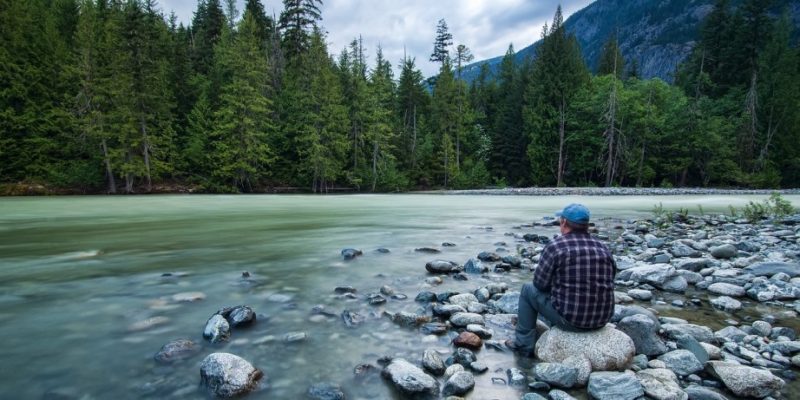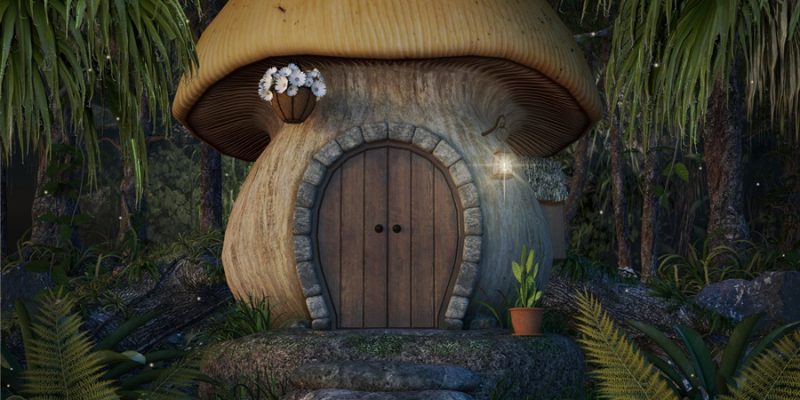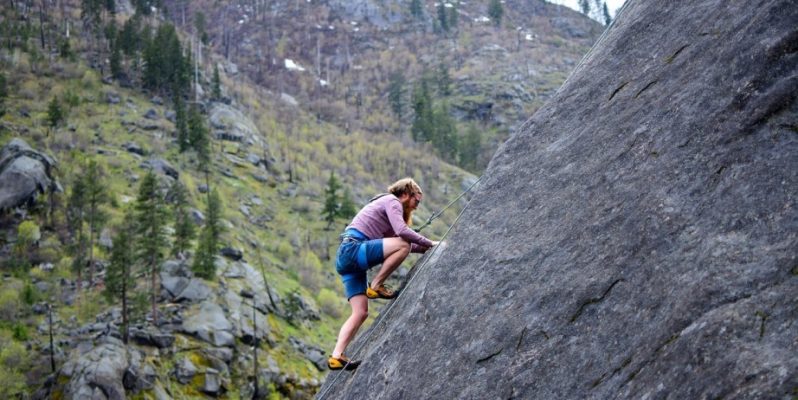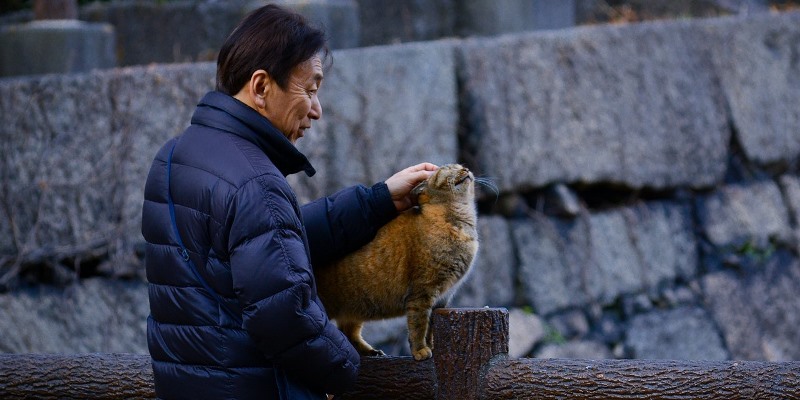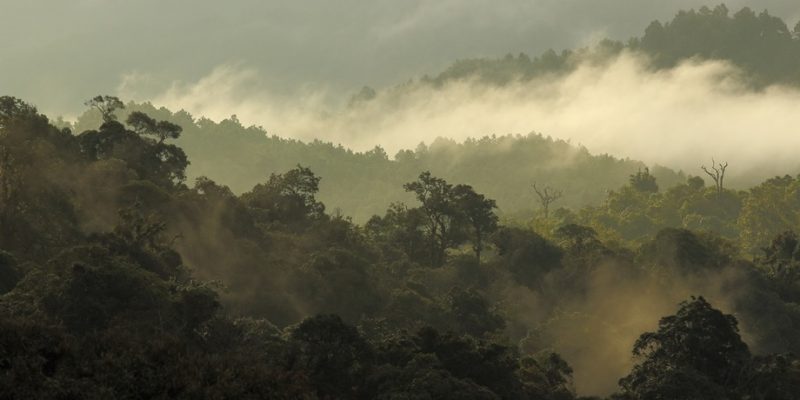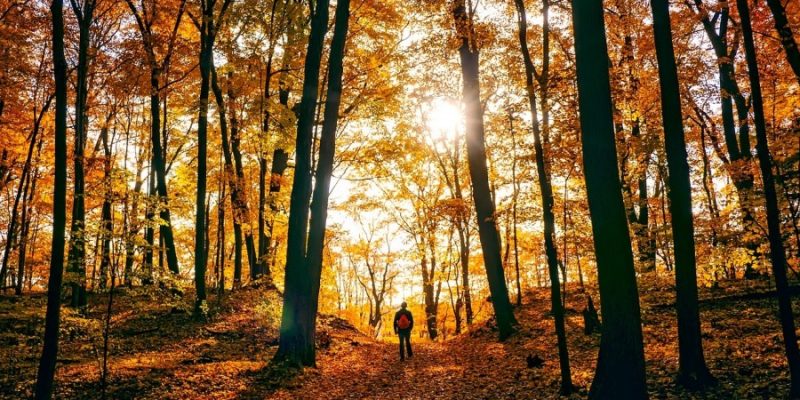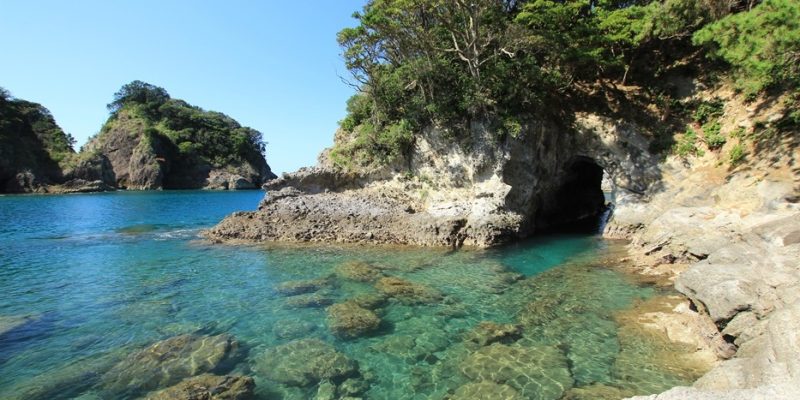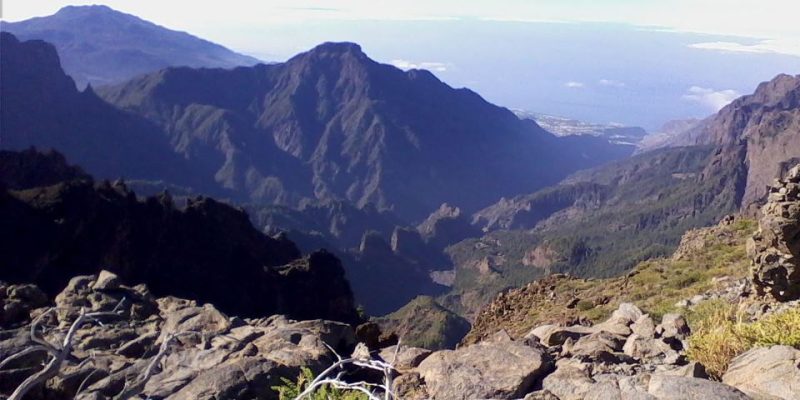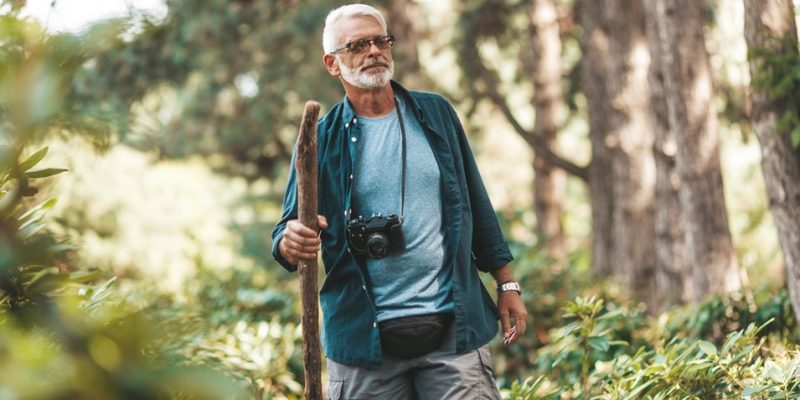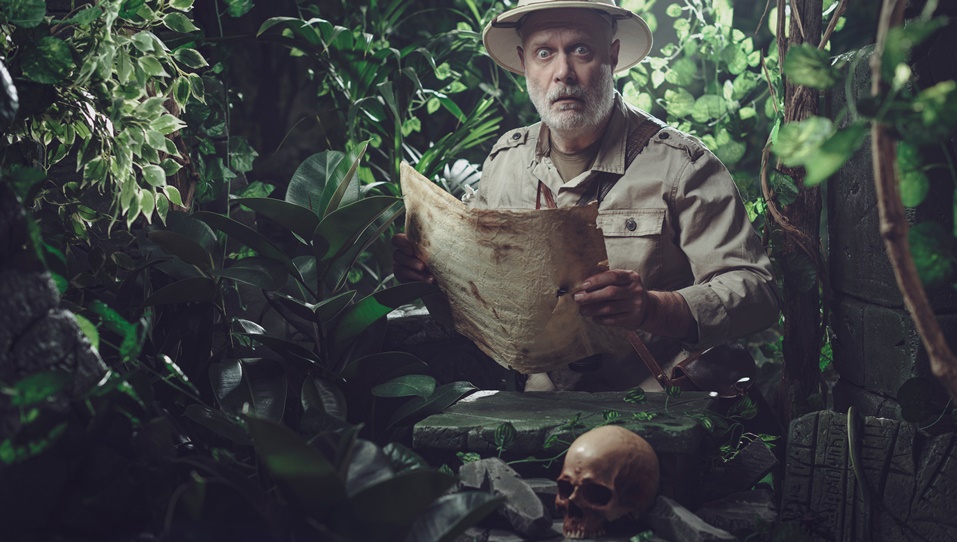
Trekking — in some countries called tramping, hill walking, or bushwalking — is essentially just hiking (walking for an extend period through Nature or the countryside) but then not just one day, but a hike with at least one overnight stay. In fact, trekking typically involves several days or even weeks of hiking and overnight stays throughout the journey.

It’s sometimes also called backpacking, because you will carry your gear, clothes, food, and water with you — usually in a backpack. Mind that this is not the same as “Backpacking through Asia,” which is rather just having a backpack for your stuff and regularly moving from one place to another to explore and enjoy a country or countries in a form of independent, low-cost travels and stays.
At any rate, trekking usually needs much more preparation than hiking, although it depends on the duration of the trek (how many days will you hike), the environment, climate and weather, the availability of lodging and food along the trek, and your own physical fitness.
As you will need to carry your stuff with you, the total weight of the backpack is an important concern. The general rule here is that one’s backpack should not weigh more than about 10 to 20 percent of one’s body weight (if you weigh 75 kg, your pack should not exceed 15 kg). It’s important to carry an appropriate weight to make your trek feasible, being able to cover distances in a decent time, and to avoid physical injury.
It’s also advised to have some basic survival and bush craft skills, some first aid gear at hand, and being knowledgeable with orienteering. Additionally, it’s always a good idea to inform at least someone who stays behind (friends or family) of the goal of your trek, your route and the days it will take, and when you intend to give feedback of your save return. This can give you a lifeline when things don’t go as intended.

As a rule, trekking will be done in Nature, often along existing trekking or hiking tracks, but sometimes through uncharted territories. It may be that you can find lodgings, shelters, mountain huts, and food and water during your trek, but it may also be that you need to make your own camp, supply for your own nourishment, and cook or prepare your food yourself.
Proper hydration i.e. water is critical, and depending on the environmental conditions you’ll need to drink two to eight liters per day. To carry all that is of course impossible, so you’ll need to drink from natural water supplies, which sometimes need boiling, filtering, or some form of purifying.
Food is another thing. Trekking is very energy intensive, and you’ll need to bring enough food with you, while taking the weight of it into account. Hence, you would prefer food with high energy, low mass and volume, and which doesn’t spoil easily. Of course, if you’re knowledgeable about the edible plants and fruits in the region you plan to hike, that might be a welcome addition to the food issue.
Additionally — depending on the type of environment, the local rules and laws — you might be able or allowed to fish or forage certain foods like edible mussels, insects, worms, or mushrooms, and so on. It’s certainly advised to prepare yourself well for the environment you’re getting into by getting knowledgeable about what you could find to drink or eat during your trek.

You can trek alone or with someone else, or in a group with a guide, but personally I’ve always preferred trekking alone or with a partner because I find that the most exciting and relaxing, while being able to create my own pace and rhythm. Of course, going alone or with just one other person is somewhat less safe than trekking with a group.
It’s good to take some “rules” into account, such as protecting plants and animals by treating them with care and respect, removing your rubbish and burry toilet waste, keeping water bodies clean, being careful with fires, and respecting the cultural or environmental heritage. You could say that the best “code” is that no one would know that you have been trekking along the route you take, that is, to follow “a leave no trace” conduct throughout your trek.
The health benefits of trekking are actually the same as hiking: it improves our blood circulation and cardiovascular health, builds stronger muscles and bones, improves our memory, sleep quality, concentration, endurance and perseverance, stimulates weight loss, improves our balance and motor coordination, and decreases the risks of respiratory problems.
Apart from that, trekking in Nature can bring us emotional and mental relief of the hustle and bustle of human society, or even healing of burn-out or mental disorders. Additionally, it can teach us respect and care for Nature, and give us feelings of wholeness, unity, and spiritual uplifting.





